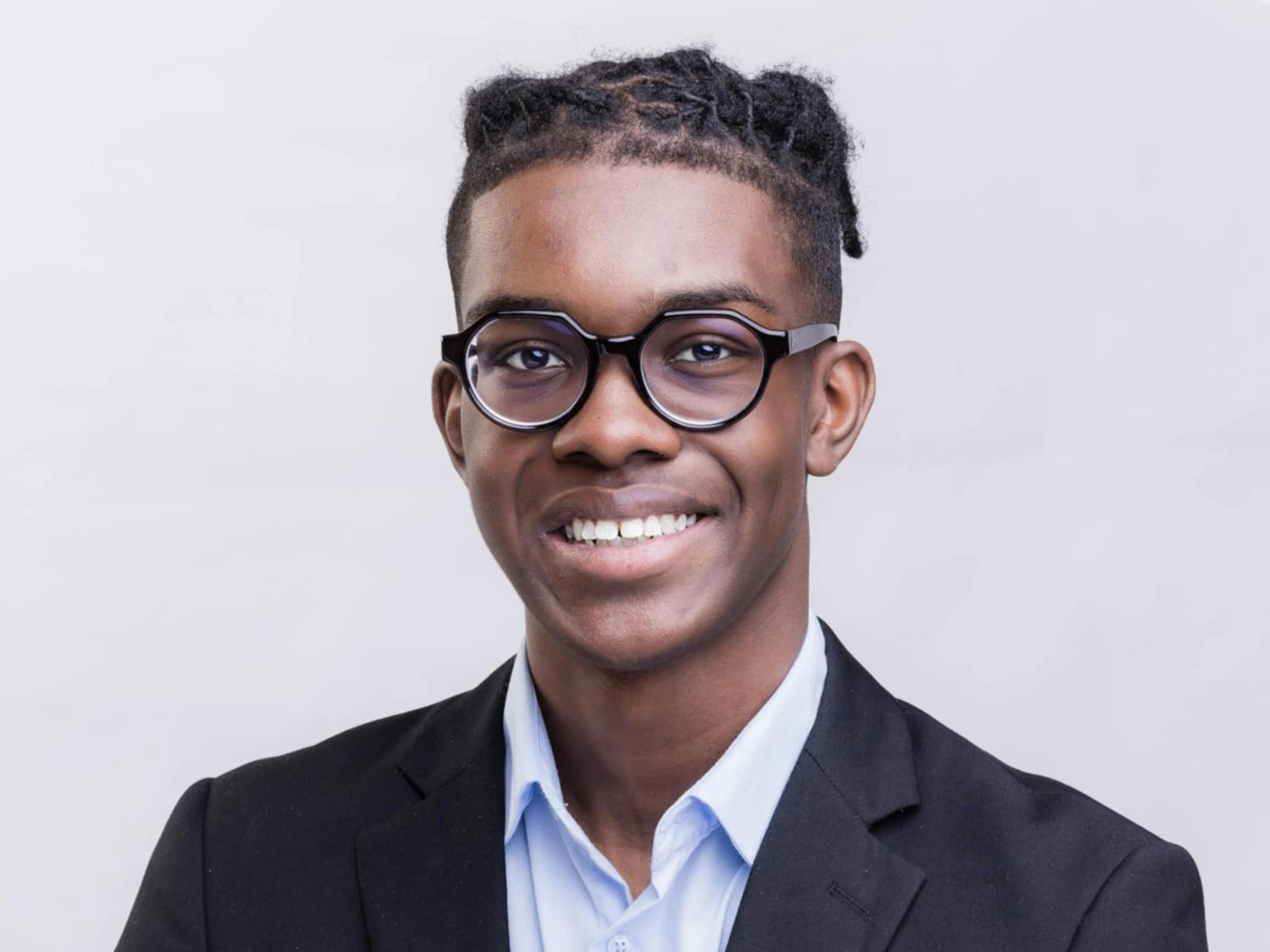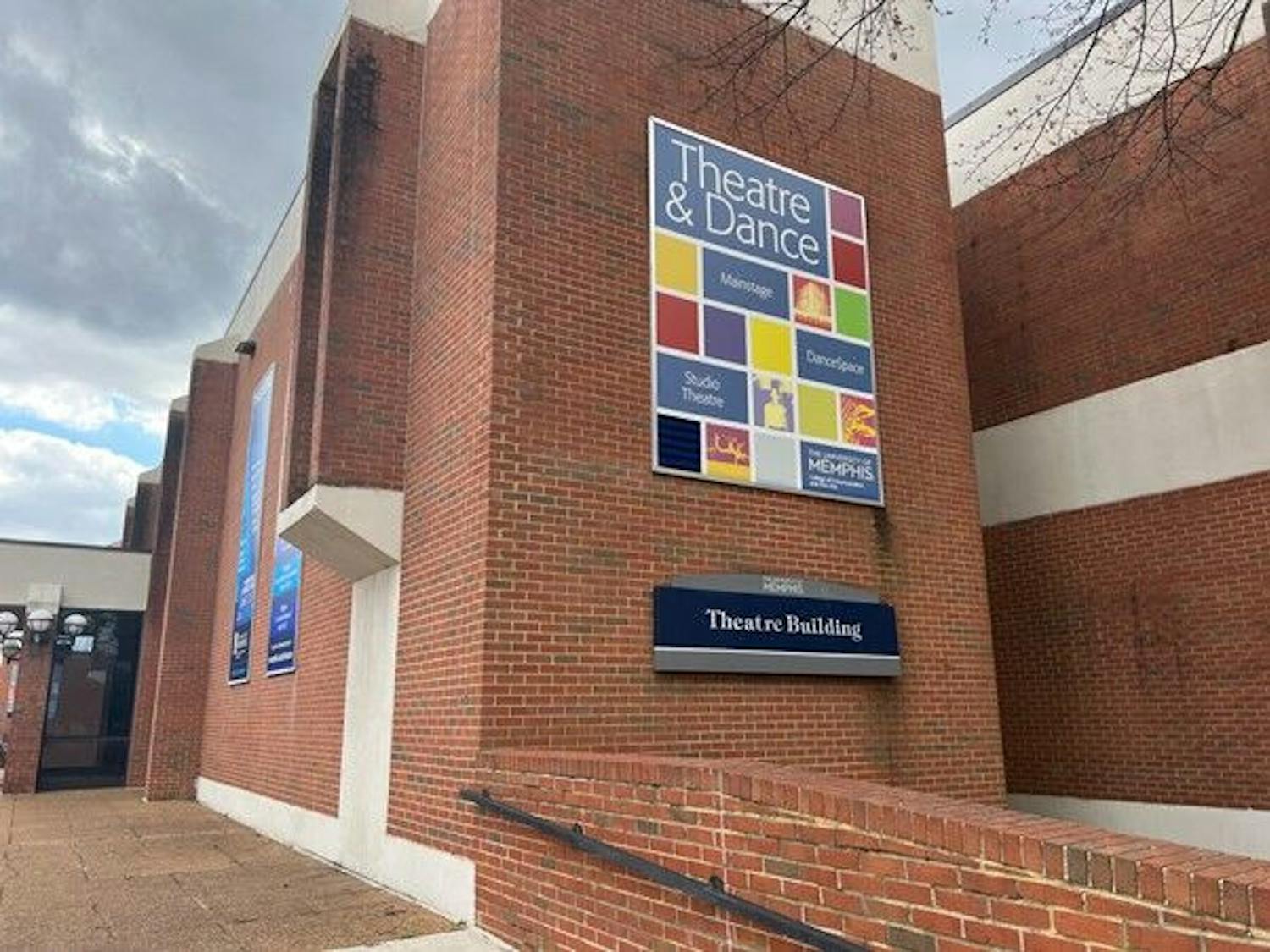Early March is typically a time for planning and anticipation for many University of Memphis students as spring break and summer festivities approach. The planning and anticipation persisted this year, but few could imagine it would be about what college would look like amid a global pandemic.
The COVID-19 outbreak led to an extended spring break for students and a new all-online platform for courses during the Spring 2020 Semester. Changes are imminent for the upcoming summer semester and possibly the next academic year, according to UofM president M. David Rudd.
As The UofM works to maintain a safe environment for students, Rudd said the university is equipped to prevail beyond the virus and offer the same education, regardless of safety precautions or procedural changes.
"We will get through this as a campus, city, state and country," Rudd said. "We will be stronger as a campus community when we reach the other side of this challenge."
COVID-19 has disrupted life in every facet from a personal to federal level. Memphis Mayor Jim Strickland enacted a safer-at-home order, Tennessee Governor Bill Lee has described his safety plans via Twitter, and President Donald Trump has addressed the nation and proposed relief bills to Congress.
While government officials look to keep the public safe and the economy intact, University of Memphis students are feeling the impact of online classes, social distancing and travel restrictions. Viviane Tran, a freshmen biology major at The UofM, said she misses the on-campus experience.
"I miss being on campus and actually interacting with the teacher and students," Tran said. "Being at home, I don't wake up on time and get distracted."
Tran also said that communication is difficult in some of her courses. She said that she relies on online office hours and email to get in touch with professors, which can cause a delay in the learning process.
The transition to online courses was a reaction to an unprecedented virus outbreak. While difficulties continue this semester, President Rudd said that the effects are only temporary.
"Pandemics are time-limited by nature, but the impact endures across many domains," said Rudd. "We recognize that reality and are responding accordingly. Our students and campus community are at the center of our decision making throughout."
As of March 24, there are 667 confirmed cases of COVID-19 in Tennessee, according to The Tennessee Department of Health. While the elderly are said to be the most at-risk, the 21-30 age group is the most affected age group in Tennessee with 193 cases.
In times of crisis, knowledge and answers are often publicly desired. Rudd spoke about how COVID-19 is effecting The University of Memphis now, as well as how it will affect new students in an interview with The Daily Helmsman.
Q&A with President Rudd on how COVID-19 impacts the future of The UofM.
Blake Fussell: As university president, have you ever had an event or situation like the one we are experiencing with COVID-19?
M. David Rudd: It’s safe to say it’s unprecedented locally, nationally and globally. I did serve as an Army officer during the Gulf War, however, a time during which remarkably difficult decisions were made and implemented.
F: Was there a tipping point, or an event that confirmed your decision to transition on-campus classes to an online platform?
R: We’ve followed the best scientific and empirical advice both at the state and federal level. There’s literally not a college or university in the country engaged in face to face classes at this point. We’ve been purposeful, thoughtful and strategic in the timing of our decisions so as to serve the needs of our students and campus community while making sure we protect the health and well-being of all.
F: Is there a plan for spring and summer graduation ceremonies that have been affected?
R: As you can see from national and global news, the situation continues to be fluid. We’re actively discussing and planning, but cannot offer definitive dates/times at this point.
F: For students returning in the summer and fall, are there any changes they should expect?
R: Certainly, there will be changes for the summer. We’re in the process of compiling those changes now and will update the campus community on a regular basis when final decisions are made. We’re actively planning for all contingencies from summer through the next academic year.
F: Has COVID-19 effected new student registration?
R: We’re too early in the process to have any meaningful data at this point. If past national crises and related data are any indicator, people tend to stay closer to home during crises.
F: Is the current platform of online classes sustainable if the lockdown continues beyond the summer?
R: Yes, we’re arguably one of the best-equipped universities from a remote learning infrastructure in the country. We launched UofM global a little over three years ago, it’s been the fastest-growing unit at the UofM, our faculty have particular expertise in this area, and we’re well-positioned for whatever the coming years hold.
F: Many new students stay in on-campus living facilities. Are there any plans regarding housing next school year in response to the virus?
R: It’s too early to talk in any detail about housing beyond this spring. We’re actively planning and preparing and will share details with the campus on a regular basis.
F: According to your Twitter feed, you seem like a big sports guy. Do you think Memphis athletics will suffer in the future because of the virus?
R: Not necessarily a “big sports guy,” it’s just that sports is an activity that many in our community identify with and rally around, providing an opportunity to communicate more widely about the UofM, and what we do well beyond the boundaries of athletics. All university athletic departments nationally are addressing precisely the same challenges. We’ll know more about impact beyond summer in the coming months.





